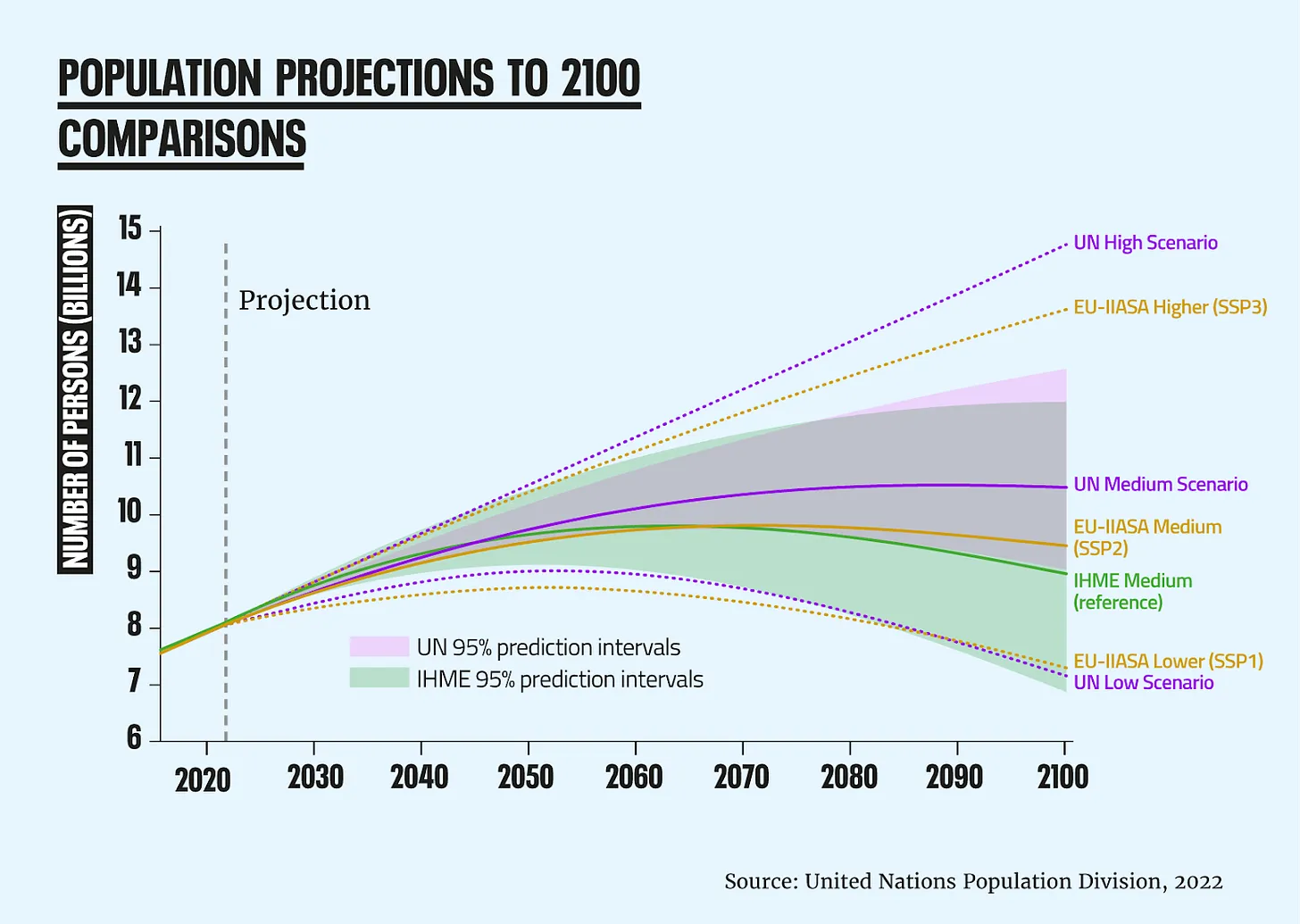Global fertility rates set to crash, triggering ‘staggering’ social change
Global fertility rates are set to fall dramatically over the next 80 years leading to “staggering social change,” according to a study published in The Lancet.
By 2100, 97 per cent of the world’s countries will have a shrinking population, modelling has projected.
To maintain its population size, a country requires a fertility rate of 2.1 children per woman. By 2050, researchers suggest that number will have dropped to 1.83, and to a further 1.59 by 2100.
In 13 countries, including Bhutan, Bangladesh, Nepal, and Saudi Arabia, rates are predicted to fall below one child per female.
In Britain, that number recently dropped to 1.49 – the lowest rate ever recorded…
https://www.telegraph.co.uk/global-...ty-crash-triggering-staggering-social-change/
maximus otter


